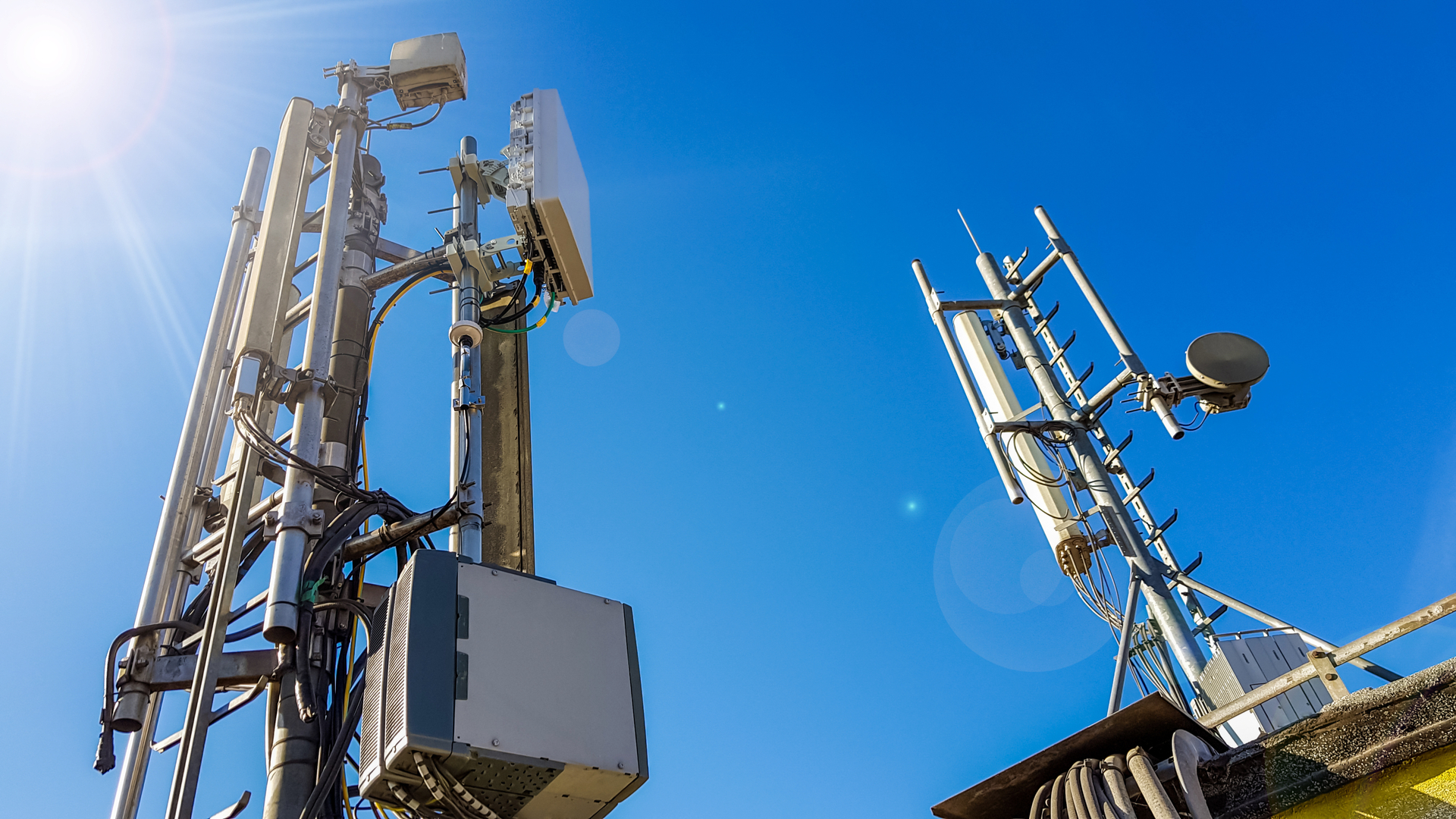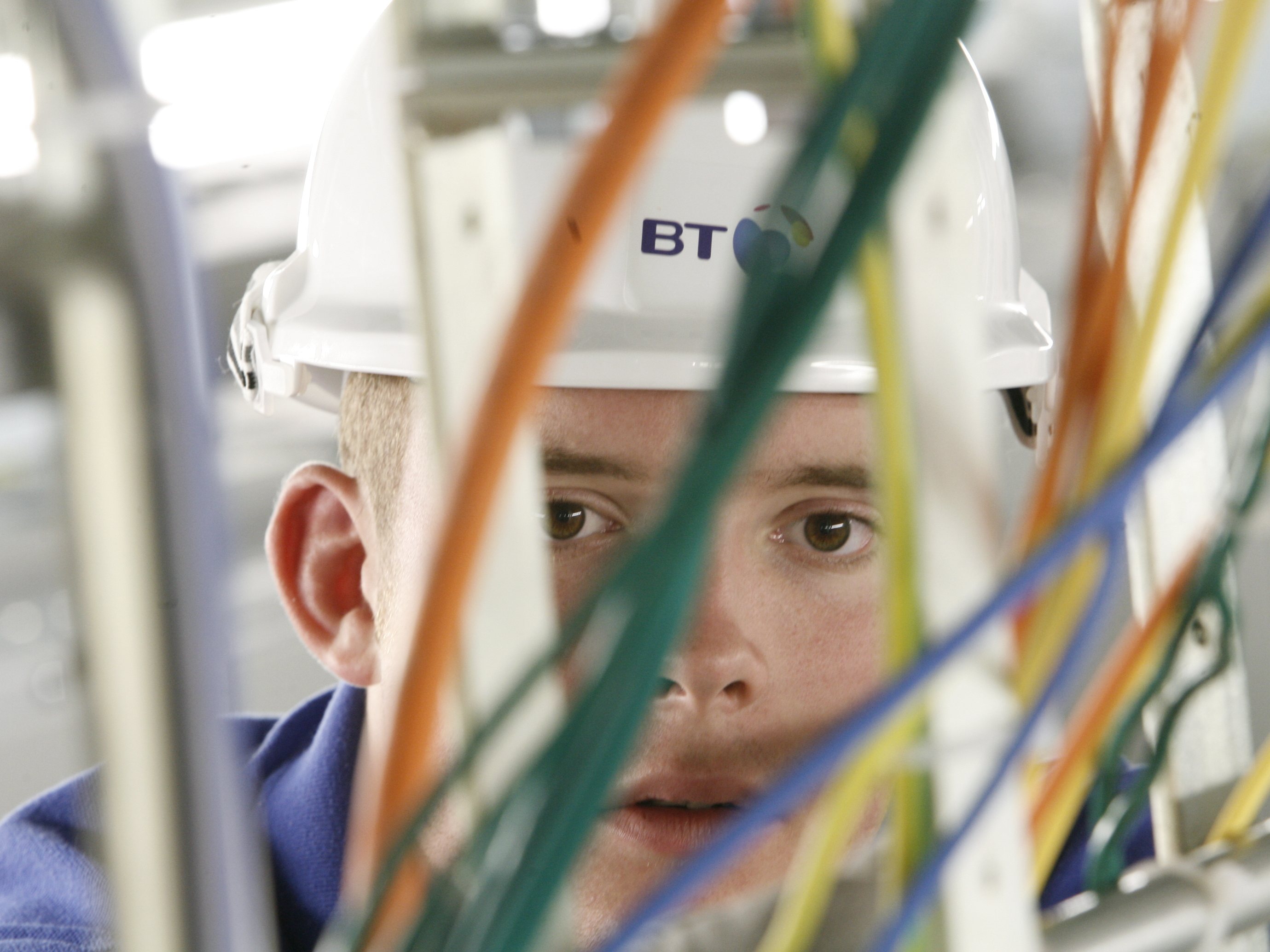Ofcom net neutrality update dismisses calls for big tech contributions
Ofcom’s net neutrality stance has been criticized by some industry stakeholders


Ofcom has issued an update on net neutrality guidance giving network operators more flexibility to offer tiered services, but dismissing the idea that big tech should be contributing to network costs.
In a new report examining the current state of net neutrality rules in the UK, the telecoms regulation said current rules are working well but that updated guidance will provide telcos with greater clarity on the matter.
"The net neutrality rules are designed to constrain the activities of broadband and mobile providers; however, they could also be restricting their ability to develop new services and manage their networks efficiently," said Selina Chadha, Ofcom’s director of connectivity.
"We want to make sure they can also innovate, alongside those developing new content and services, and protect their networks when traffic levels might push networks to their limits."
In line with this, Ofcom said broadband and mobile providers can offer premium quality retail broadband or mobile packages - for example, to support gaming applications that need low latency - and develop new specialized services for applications such as remote surgery and driverless cars
At present, they're allowed to use traffic management measures to avoid congestion over their networks at peak times. Similarly, in most circumstances, telcos can offer ‘zero-rating’ packages through which users aren't charged for accessing certain content or services, such as public health advice from the NHS.
Big tech won't be paying
However, resisting industry demands, Ofcom said it hasn't seen sufficient evidence that broadband and mobile providers should be able to charge content providers for carrying their traffic, pointing out that this would require a change in the law.
Get the ITPro daily newsletter
Sign up today and you will receive a free copy of our Future Focus 2025 report - the leading guidance on AI, cybersecurity and other IT challenges as per 700+ senior executives
The move has been broadly welcomed by the industry, with Mobile UK, the trade association for the UK’s four mobile network operators, saying that it should improve the investment outlook for British telcos and the online market more generally.
Telcos, it said, would have greater freedom to create innovative packages and services.
However, Mobile UK did raise concerns over Ofcom's refusal to recommend big tech should be forced to contribute financially to network maintenance.
"As Ofcom acknowledged during its consultation, they are constrained by the law and this was as far as they could go within existing rules," said chief executive Hamish MacLeod.
"We now ask the government to remove the regulations which are hindering investment and innovation, and replace them with a principles-based code which protects basic freedoms but promotes innovation."
BT described Ofcom's statement as a step in the right direction and welcomed the move. The telecoms giant said the decision will enable operators to manage congestion more effectively in the event of major events or disruptions.
RELATED RESOURCE

Learn about the the technology trends that help manufacturers overcome challenges
DOWNLOAD NOW
"At present, we build our network to accommodate these extraordinarily high peaks (despite them being occasional and often very short duration) to avoid a poor customer experience," it says in a statement.
"But that’s akin to investing in an extra 10 motorway lanes only to see them used by bank holiday traffic just a few times a year."
BT added that telcos should be allowed to negotiate with content providers in specific circumstances, however. Otherwise, it warned that the challenges of meeting growing demand will “remain reliant on telcos funding endless capacity upgrades”.
While the concept of net neutrality has slipped under the radar in the UK so far, the topic has been highly divisive in the US.
There have been concerns that removing regulation allows providers to prioritize or demote traffic to different platforms, apps, and websites purely for their own commercial advantage.
Donald Trump declared it an issue for the free market to resolve and abolished the rules - only for the Federal Communications Commission to announce earlier this month that they should be reinstated.
Emma Woollacott is a freelance journalist writing for publications including the BBC, Private Eye, Forbes, Raconteur and specialist technology titles.
-
 Bigger salaries, more burnout: Is the CISO role in crisis?
Bigger salaries, more burnout: Is the CISO role in crisis?In-depth CISOs are more stressed than ever before – but why is this and what can be done?
By Kate O'Flaherty Published
-
 Cheap cyber crime kits can be bought on the dark web for less than $25
Cheap cyber crime kits can be bought on the dark web for less than $25News Research from NordVPN shows phishing kits are now widely available on the dark web and via messaging apps like Telegram, and are often selling for less than $25.
By Emma Woollacott Published
-
 UK 5G spectrum auction will finally go ahead this week
UK 5G spectrum auction will finally go ahead this weekNews The much awaited auction will involve companies bidding for frequency in two bands
By Zach Marzouk Published
-
 Almost one million Brits still suffer with appalling broadband speeds, Ofcom report finds
Almost one million Brits still suffer with appalling broadband speeds, Ofcom report findsNews A new Ofcom report reveals a massive 925,000 people are still on downloads speeds of less than 10Mbps
By Alex Lee Published
-
 ISPs now have 30 days to fix net speeds or face null contracts
ISPs now have 30 days to fix net speeds or face null contractsNews Ofcom confirms customers will soon be able to walk away if their service dips
By Dale Walker Published
-
 More than a million UK properties don't have access to 'decent' broadband speeds
More than a million UK properties don't have access to 'decent' broadband speedsNews Ofcom's Connected Nations report finds broadband is still lacking across 4% of the UK
By Roland Moore-Colyer Published
-
 BT offers to invest up to £600m to provide universal high-speed broadband
BT offers to invest up to £600m to provide universal high-speed broadbandNews The company's offer would replace new regulation proposed by the government
By Zach Marzouk Published
-
 Ofcom caps EE and BT's spectrum bidding
Ofcom caps EE and BT's spectrum biddingNews Regulator will limit how much spectrum a single mobile operator can own
By Nicole Kobie Published
-
 Ofcom caps BT's Openreach prices
Ofcom caps BT's Openreach pricesNews Regulator limits the amount that rivals can be charged for leasing the company's superfast broadband
By Adam Shepherd Published
-
 Ofcom fines BT a record £42m for slow broadband installations
Ofcom fines BT a record £42m for slow broadband installationsNews BT failed to compensate rivals for delayed line installations
By Dale Walker Published
